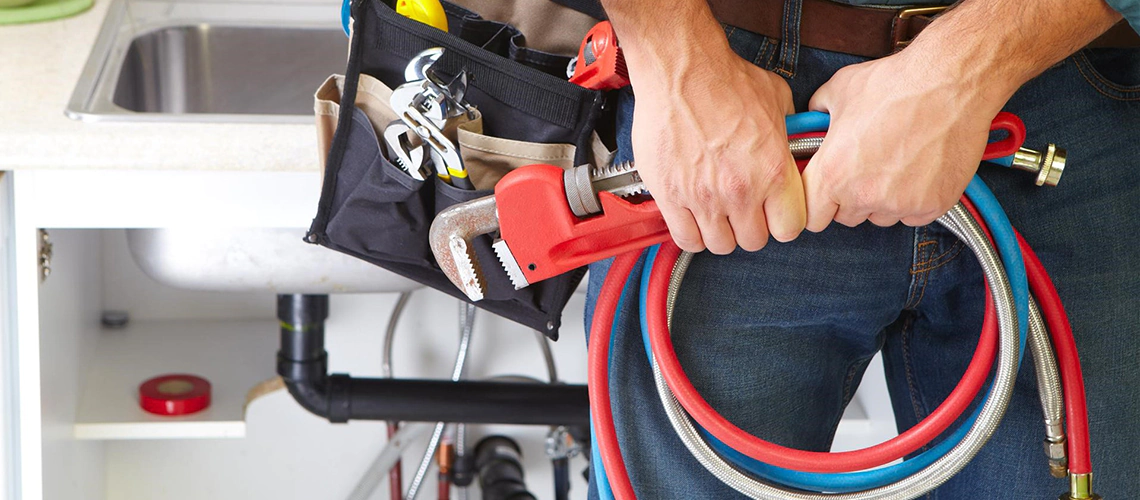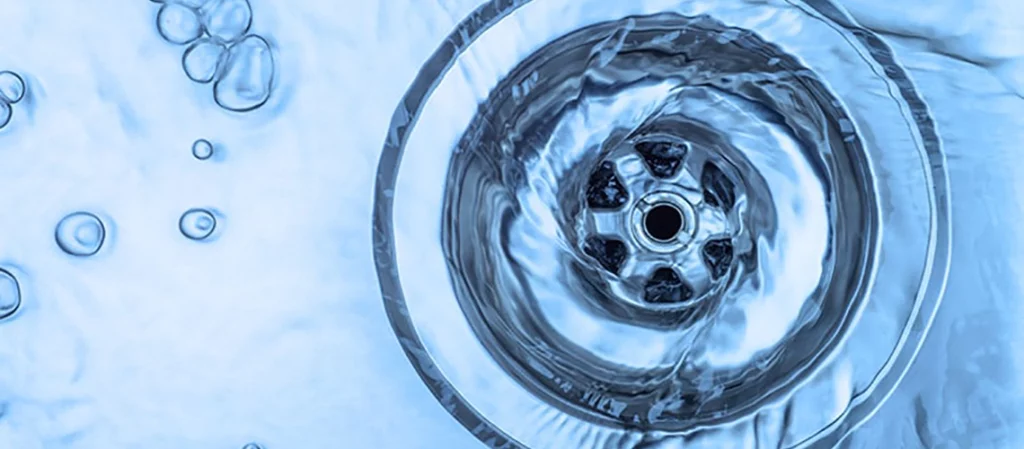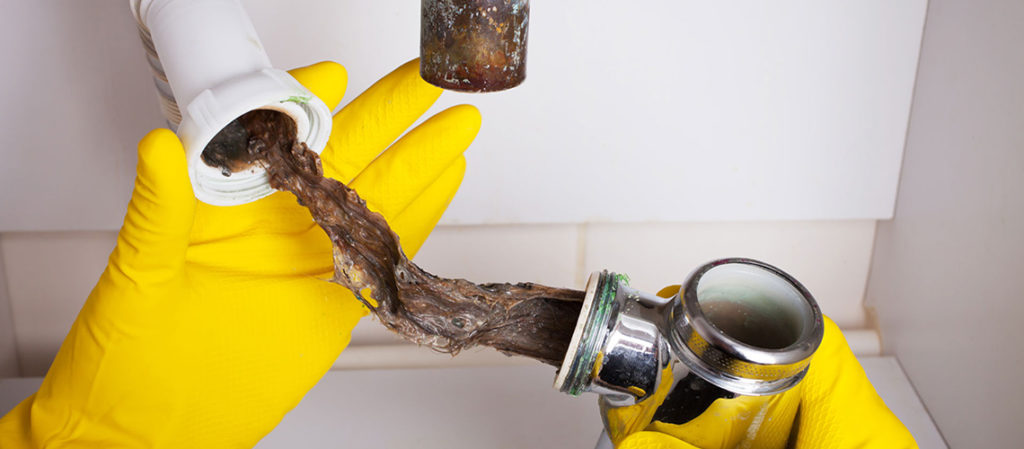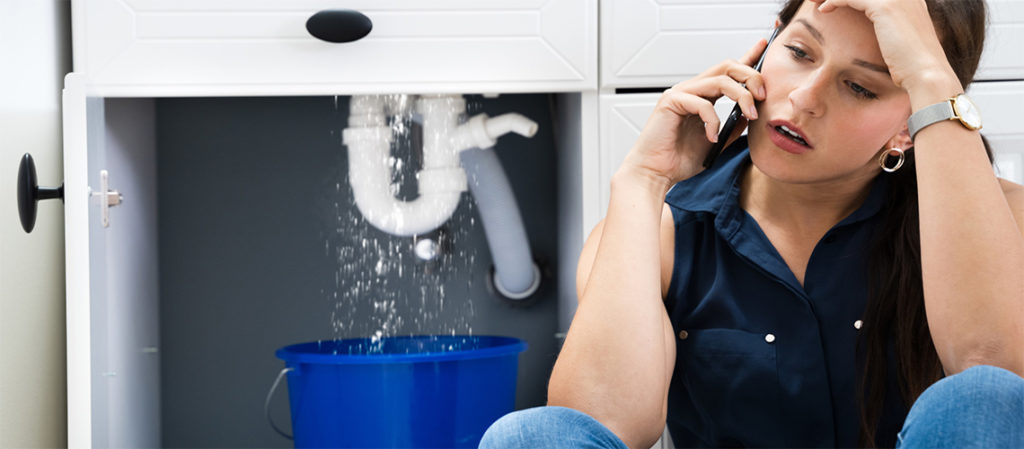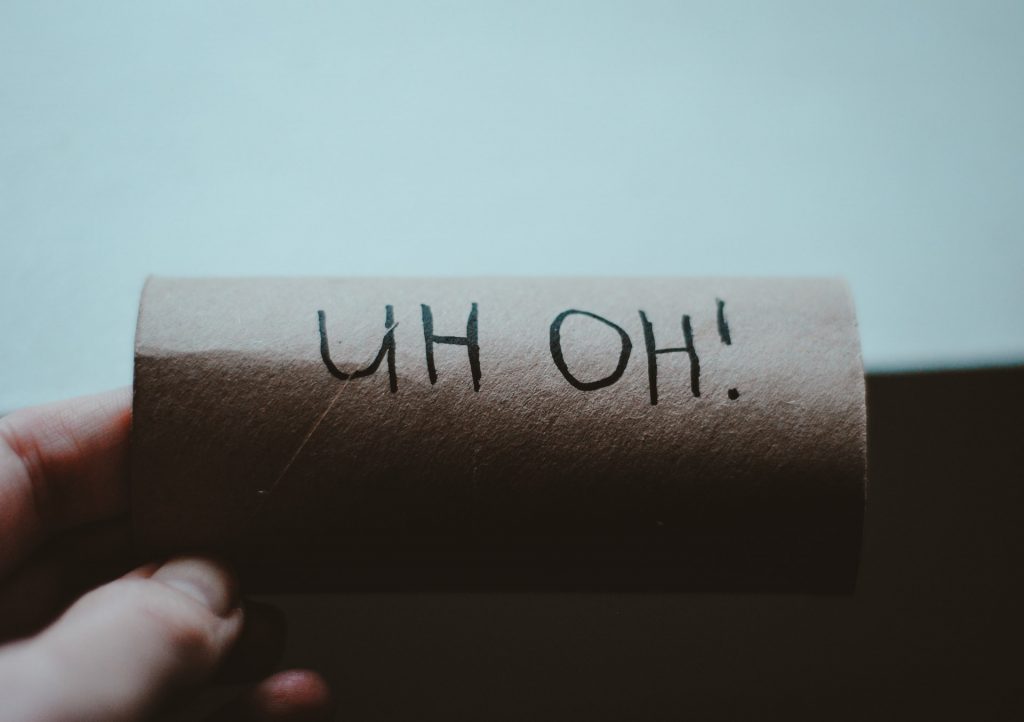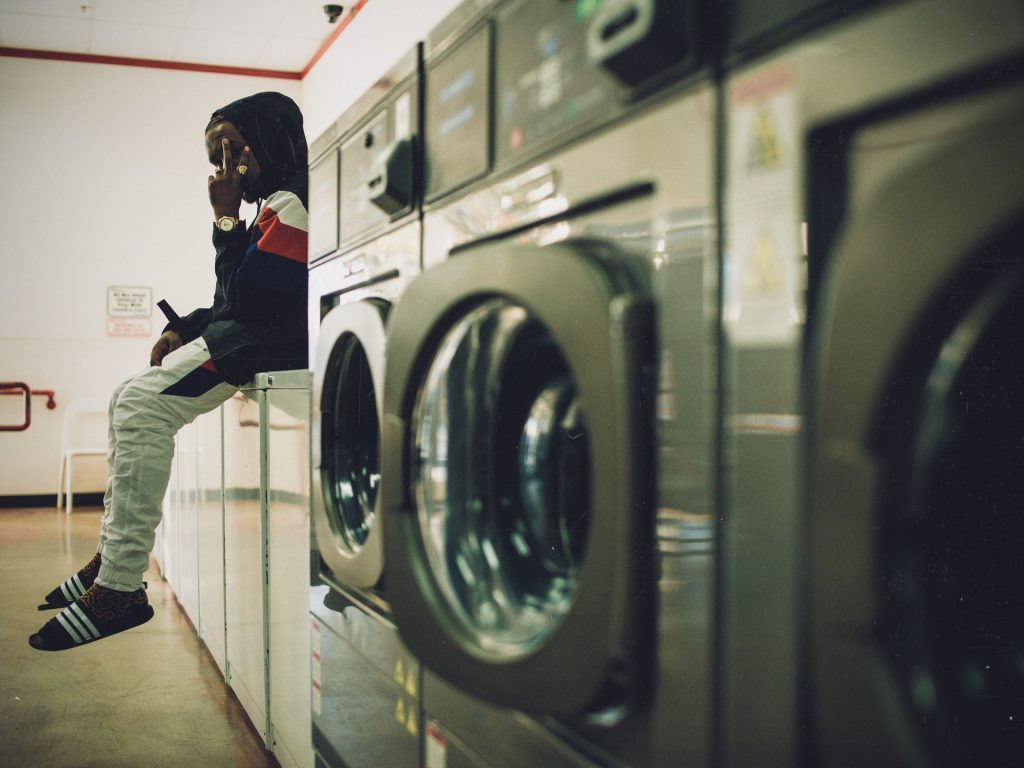Plumbing issues are very different and usually happen when we least expect them. Sometimes they make only minor adjustments to our routines and don’t require much time or effort. Other times, plumbing problems require professional help and turn out to be quite costly. If you don’t know how to solve the problem yourself, it’s better to turn to the plumbing GTA service . The question arises, how can people discover plumbing problems on their own and take steps to fix them?
One way to find out what is causing the problem in your home is to understand how the entire plumbing system works. We know this can sometimes take a lot of time and effort, so we’ve created a shortcut to detecting a plumbing problem. The following article provides a list of the most common plumbing problems that require some sort of plumbing work. We hope it will help you troubleshoot existing problems, prevent them, and understand when to call for professional help.
Major Plumbing Problems and How to Fix Them
The most common plumbing problems are clogged drains and toilets, leaking faucets and pipes, water heater problems, low water pressure, and leaking toilets. Each of these problems requires its solution, which we’ll discuss below.
| Plumbing Issue | Description | Solution |
| 1. Leaky Faucets | Persistent dripping from faucets, leading to water wastage and increased bills. | Replace the washer, O-ring, or the faucet itself if it’s too old or damaged. |
| 2. Clogged Drains | Water draining slowly or not at all in sinks, showers, or tubs. | Use a plunger, drain snake, or a mixture of baking soda and vinegar. For severe clogs, call a plumber. |
| 3. Running Toilets | Toilet continues to run after flushing, wasting water. | Replace the flapper valve, adjust the float, or fix the fill tube. |
| 4. Low Water Pressure | Weak water flow from taps and showerheads. | Check for leaks, clean faucet aerators and showerheads, or call a plumber to inspect the pipes. |
| 5. Water Heater Issues | Inconsistent hot water or none at all. | Check the thermostat, flush the heater to remove sediment, or replace the heater if it’s too old. |
| 6. Burst Pipes | Pipes crack or break due to freezing temperatures or old age. | Turn off the main water supply and call a plumber immediately to replace the damaged pipe. |
| 7. Sewer System Backup | Multiple drains are clogged simultaneously, often accompanied by foul odors. | Avoid flushing non-degradable items, have a plumber inspect and clean the sewer line. |
Detailed Solutions
- Leaky Faucets:
- Diagnosis: Identify the source of the leak (washer, O-ring, or valve seat).
- Tools Needed: Wrench, replacement parts.
- Procedure: Turn off the water supply, disassemble the faucet, replace the faulty parts, and reassemble.
- Clogged Drains:
- Diagnosis: Determine if the clog is local (one drain) or widespread.
- Tools Needed: Plunger, drain snake, baking soda, vinegar.
- Procedure: Use a plunger for simple clogs, a drain snake for deeper obstructions, or a mixture of baking soda and vinegar for mild clogs. For persistent issues, contact a professional.
- Running Toilets:
- Diagnosis: Inspect the flapper valve, float, and fill tube.
- Tools Needed: Replacement flapper, screwdriver.
- Procedure: Turn off the water supply, replace the flapper valve, adjust the float height, and ensure the fill tube is properly positioned.
- Low Water Pressure:
- Diagnosis: Check for leaks, inspect faucet aerators and showerheads.
- Tools Needed: Plumber’s tape, cleaning tools, possibly a pressure gauge.
- Procedure: Fix any visible leaks, clean or replace aerators and showerheads, or have a plumber inspect for more serious issues.
- Water Heater Issues:
- Diagnosis: Check the thermostat settings, listen for unusual noises, inspect for leaks.
- Tools Needed: Thermometer, bucket, hose.
- Procedure: Adjust the thermostat, flush the heater to remove sediment, or replace the unit if necessary.
- Burst Pipes:
- Diagnosis: Locate the burst pipe.
- Tools Needed: Pipe cutter, replacement pipe, plumber’s tape, wrench.
- Procedure: Turn off the main water supply, cut out the damaged section, replace it with new piping, and secure with plumber’s tape and a wrench.
- Sewer System Backup:
- Diagnosis: Identify if multiple drains are affected and check for foul odors.
- Tools Needed: Sewer snake, camera inspection (professional tool).
- Procedure: Avoid flushing inappropriate items, have a professional inspect and clean the sewer line regularly.
You don’t realize how much you rely on a plumber until you start having plumbing issues in the house. A dripping faucet here, a slow drain there – as your home gets older, it’s only natural to have plumbing problems. Some of these problems are simple enough to fix on your own without much effort. Others involve potential hazards and are better left to the professionals. Knowing major plumbing problems and their solutions will help you understand when to pick up your tool belt and when to call a plumber.
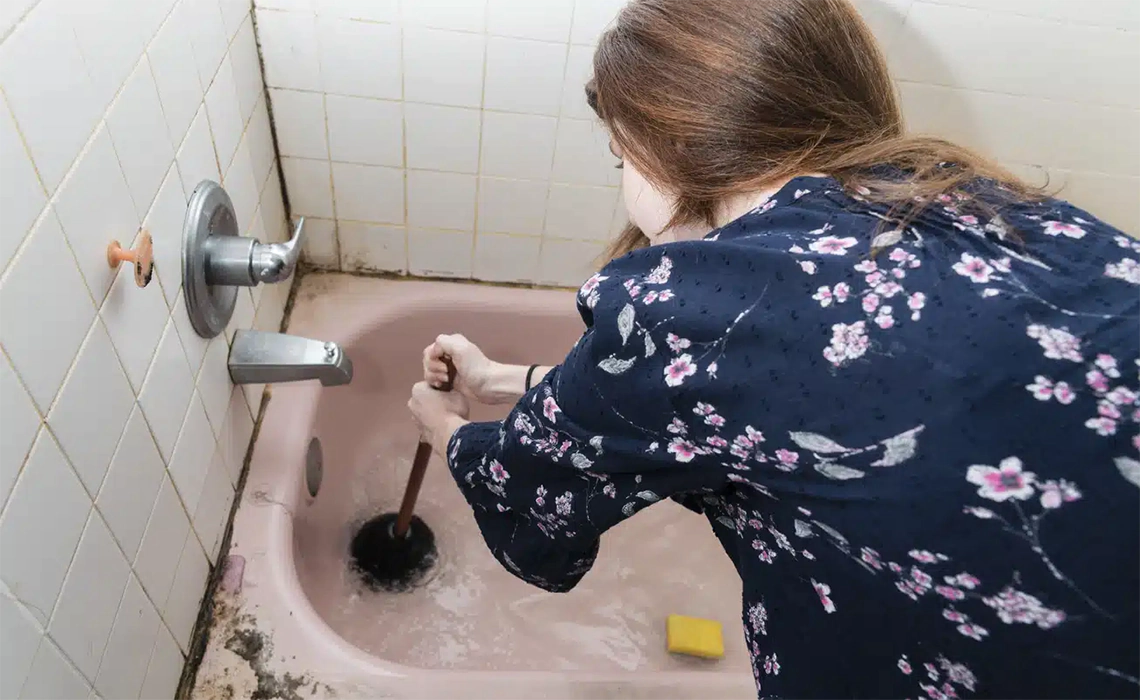
1. Clogged drains and toilets
You can detect a clog in your drain if you see water coming back when you empty the sink or take a shower. In the case of a clog in the toilet, the signs of a clog often show up faster. Fixing a clog usually gets the drains or toilet back to normal with a little DIY work or a visit from a plumber.
What Causes the Problem: A slow or clogged drain occurs when something partially or completely blocks the drain. In sinks and showers, hair is often the culprit, but other objects, such as a shampoo lid or small toy, can also get caught in the drain and block the pipe. In toilets, the problem often occurs when something other than soluble waste gets into the toilet and flushes out. These solid objects cannot move down the pipe, so they remain in place, making it difficult or impossible for water to get past the clog and down the pipes.
How to clear a clog in drains and toilets: Start with a plunger to help clear the clog. A plunger is suitable for both toilets and drains. This simple plumbing tool helps loosen the clog with air pressure. Place the open end of the plunger fully over the drain and move it up and down to create suction. If you are able to pull the clog close enough, use tweezers or pliers to grasp the clog and remove it from the drain. If you can’t remove the clog with a plunger, you can use chemical drain cleaners. Appliance stores also sell plumbing snakes, which can knock out the clog so that the water flows again.
How to avoid clogged drains and toilets: Prevent toilet clogs by flushing only soluble waste down the toilet. Watch children so they don’t flush toys or other large objects down the toilet. If something falls down the toilet, get it out, not try to flush it. In showers, use a hair trap over the drain to keep loose strands from accumulating inside the drain pipe. Try to keep loose hair out of the sink to prevent clogging.
When to call a plumber: If you can’t fix a clog in the drain or a clog in the toilet yourself, call in a professional. Another reason to call a plumber is repeated clogs in the same drain. A plumber can fix the problem to prevent future clogs without damaging the pipe.
2. Leaking faucets and pipes
Leaks in the plumbing system are quite common and cause a lot of trouble for apartments and homeowners. Most often, leaks occur in faucets and pipes because they are under a lot of pressure and must wear out at some point. Leaking faucets are easy to spot and fix, but leaking pipes are not so easy. Water usually drips from the faucet and can be heard in the distance.
However, pipes are usually hidden from our eyes and ears, so when they are leaking, it takes time to detect the problem. Most people only suspect that their pipes are leaking when there are puddles of water underneath them.
DIY tip: Leaking faucets and pipes are one of the most common plumbing problems, and they are usually the easiest to fix. With a little work, you can fix most of the small cracks and damage that cause leaks. When it comes to faucets, leaks most often occur when the washer that seals the faucet is damaged. This small element is very easy to replace. On the other hand, most pipes leak at joints, and if they are damaged, they only need to be tightened or patched.
Contact a specialist immediately if you notice a leak in the pipes. Pipe problems can be very complicated and serious. If you can’t pinpoint the exact location of the leak or approach the problem for any other reason, don’t hesitate to call a professional. You can save yourself from a more serious problem or do-it-yourself mistake because excessive leaks can damage both your plumbing system and your property.
3. Water heater problems
Water heaters do not uncommonly cause plumbing problems. These appliances can fail for many reasons. Fortunately, it’s easy to identify when they are the culprit. If you notice dripping, leaking, or making noise around your water heater, then something is wrong. An even more serious sign could be icy cold water under your shower.
DIY tip: To fix your water heater problem, you can recheck your settings. Sometimes you need to adjust the thermostat and check that the pilot light is working properly. You may also want to flush the tank from time to time to remove deposits from the inside.
Call a plumber: The truth is that most water heater problems need to be handled by professionals. They are usually too complicated and dangerous to fix on your own. So if you notice leaks, strange noises, or other oddities with your water heater, call a plumber. Professionals know what to do and how to make repairs safely.
4. Low water pressure
Most common plumbing issues in older homes are due to low water pressure. This problem is quite inconvenient and affects your daily water use because with low pressure you won’t be able to rinse or shower anything. There are several possible causes for this problem, and you can consider most of them.
The first thing to check is whether the low pressure affects hot water and cold water or just one of them. If both, you probably have a problem with deposits in the faucet aerators and showerheads. Another cause of low water pressure could be a leaky pipe or corrosion in the water heater.
DIY tip: If you’re having problems with your faucet aerators and showerheads, you can easily clean these parts. You just need to remove the aerators from the faucets and be careful when cleaning the small parts.
Call a plumber: If you notice a sudden change in water pressure and can’t pinpoint the problem, call a professional. There may be a leaky pipe somewhere in the system.
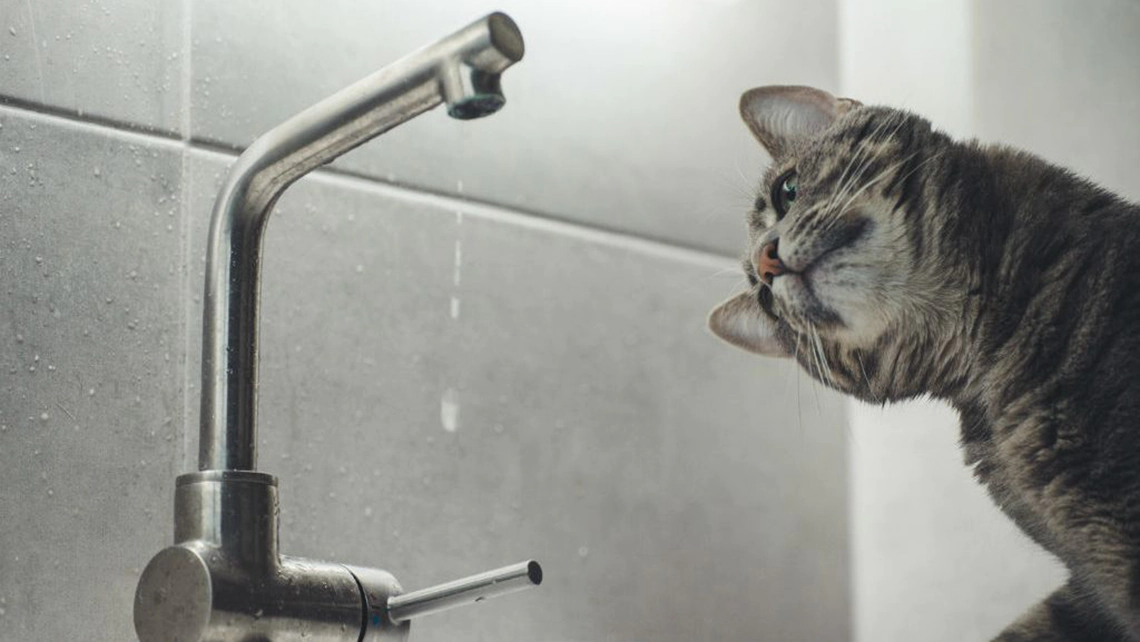
5. Running toilet
Toilet plumbing problems are often the most annoying, especially when it comes to a constantly running toilet. You can still use the toilet, but it wastes a lot of water and constantly makes an annoying sound. What causes this problem, you may ask?
There can be many reasons, mostly parts inside the toilet bowl that have stopped working. A flapper valve, an unbalanced float, a loose tube, and more can affect the toilet bowl.
DIY Tip: You can try repairing or replacing some of the toilet bowl components you suspect are causing the problem. Retighten all the valves and inspect them for possible damage. If repairing individual parts doesn’t help, you may have to replace all of the internal components.
Call a plumber: If you have already made adjustments and replaced some parts, but the water won’t stop flowing, you should call a plumber. This will prevent further water wastage and solve the pesky problem.
6. Pumping problems
Sump pumps are great for protecting property from flooding. However, just like any other machine or system, they can fail. The only bad thing is that they can cause a lot of trouble when they fail.
DIY tip: To prevent the pump from breaking down, make simple checks on its operation from time to time. Make sure everything is working properly, and consider buying a backup battery in case of a power outage.
Call a plumber: If the pump has failed, it’s best to call a plumber right away and not do the repairs yourself. Professionals will know what to do and prevent further damage.
7. Debris Disposal Problems
Another common plumbing problem involves clogged garbage disposal. If you use these appliances without water or discard food that has deposits on it, you’re making the problem worse yourself.
DIY tip: You can open the appliance and clean it from the inside without much effort. If you lost the key that came with the garbage disposal, try using a 1/4-inch hex wrench.
Call a plumber: If for some reason you are not comfortable opening the appliance and cleaning it yourself, a plumber will be happy to help you.
Conclusion
We want to emphasize that for the average person, plumbing is a difficult job. Most people don’t like to get wet to fix common plumbing problems. And, frankly speaking, not everyone knows how to do it right. Therefore, in the case of any malfunction – it is better to call a professional, which will help to quickly solve your problem.
FAQ about common plumbing problems and their solutions
Signs of a sewer line backup include multiple drains backing up at once, gurgling noises from drains, and foul odors. It’s best to call a licensed plumber to diagnose and fix the problem, which may require cleaning or replacing the sewer line.
Common plumbing issues in a home include leaky pipes, clogged drains, running toilets, low water pressure, and water heater problems.
DIY solutions for minor plumbing issues include using a plunger for clogged toilets and drains, using a plumbing snake for tougher clogs, and tightening loose fittings or connections.
It’s best to call a professional plumber for plumbing issues that require specialized knowledge, tools, or equipment, such as repairing or replacing pipes, fixing water heater issues, or diagnosing and fixing sewer line problems.
Preventative measures to avoid plumbing issues include avoiding pouring grease down the drain, using a drain strainer to catch hair and debris, and scheduling routine maintenance with a licensed plumber.
In the event of a plumbing emergency, such as a burst pipe or sewer backup, turn off the water supply to the affected area and call a licensed plumber immediately to minimize damage and ensure proper repairs.



